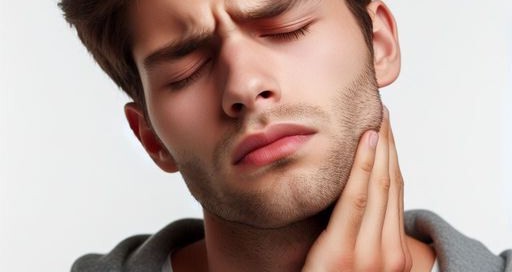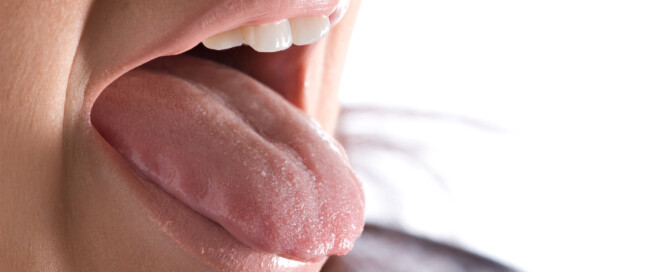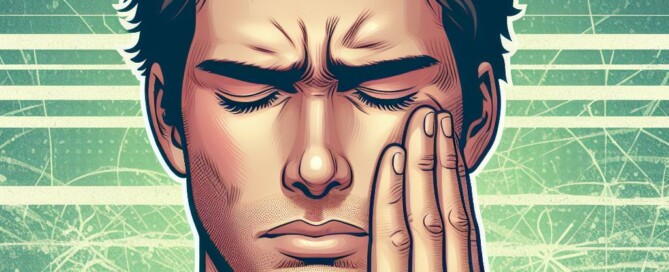Runny Nose After Root Canal: Causes and Treatments

A root canal is unpleasant enough without a runny nose to go with it.
Sometimes a root canal can cause a runny nose.
But this does not reflect an inadequate job by the doctor who performed the root canal.
So what then, would lead to a drippy nose?
“Depending on where the root canal is, and how deeply the infection is in the jaw, it may be embedded near the sinus,” says Dr. Alireza Panahpour, DDS, author of “The Good Dentist.”
“The proximity of the root canal to the sinus area may make it so that root canal treatment may cause bleeding.”
And it may also cause a bit of running due to the irritation. This is par for the course and nothing to get worried about.
See it for what it truly is: a temporary nuisance that will run its course soon enough.
“With any root canal or wisdom tooth treatment we use platelet rich fibrin to rebuild the sinus lining at the time of surgery,” says Dr. Panahpour.
Three Questions to Ask About Your Root Canal Procedure
If you’ve been told that you need a root canal, here are three questions to ask.
“Exactly why do I need a root canal?” Reasons would be advanced tooth decay, a problem with tooth pulp due to a chipped or cracked tooth, or a bacterial infection.
“How much experience do you have with performing root canals?” Sometimes a dentist does root canals. Other dentists will refer the patient to an endodontist.
An endodontist typically performs significantly more root canals per week than does a dentist.
“What can I do to ensure success with the procedure?” One of the things you should do is arrange to have a final restoration after the root canal, as nearly all root canals need this.
Finally, a bonus question to ask the doctor who will be performing your root canal is what kind of possible side effects you might experience, including those that might arise based on the location of the infection if that’s what you have.
Runny noses following a root canal are not unheard of.
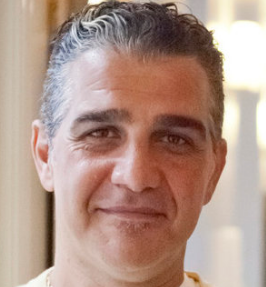
Dr. Panahpour’s approach to dental health encompasses the patient’s diet, immune and structural integrity, plus all the traditional treatments of a conventional dental practice.
 Lorra Garrick has been covering medical, fitness and cybersecurity topics for many years, having written thousands of articles for print magazines and websites, including as a ghostwriter. She’s also a former ACE-certified personal trainer.
Lorra Garrick has been covering medical, fitness and cybersecurity topics for many years, having written thousands of articles for print magazines and websites, including as a ghostwriter. She’s also a former ACE-certified personal trainer.
.
Top image: ©Lorra Garrick
Diseases that Can Cause TMJ Disorder: from Benign to Cancer

An assortment of benign conditions can lead to TMJ problems, but so can a variety of cancers.
This is why if your TMJ pain hasn’t resolved despite dental-based treatment, you should request an MRI of your head, plus bloodwork, to see if there are signs of cancer or benign tumors. (more…)
Can Obstructive Sleep Apnea Cause TMJ Disorder?
You know that TMJ disorder can cause obstructive sleep apnea…
But what about the other way around: Can temporomandibular joint problems lead to obstructive sleep apnea? (more…)
What Nighttime Problems Can TMJ Disorder Cause?
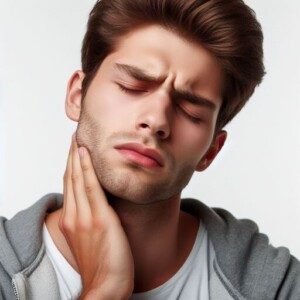
Many symptoms can be caused by TMJ disorder overnight.
In fact, you may not have even made the connection between these nighttime issues and temporomandibular joint disorder. (more…)
How Long Can You Put Off Wisdom Teeth Extraction?

If your wisdom teeth appear normal on an X-ray and are not causing pain, do you still need to have them removed?
Of course, if there’s pain, you shouldn’t put off extraction. (more…)
What’s the Youngest a Child Can Have TMJ Disorder?

Can TMJ disorder occur in young children?
And if so, what is the youngest age that temporomandibular joint disorder can develop?
“TMJ disorders mainly occur in adults but can occur in very young children as well,” says Brijesh Chandwani, DMD, BDS, Diplomate, American Board of Orofacial Pain, with Connecticut & NY TMJ. (more…)
Can TMJ Disorder Cause a Sharp Stabbing Ear Pain?
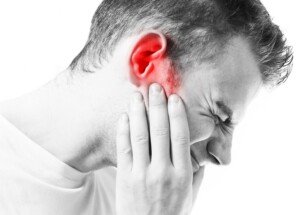
Having sharp stabbing ear pains lately?
Many conditions including cancer can cause ear pain, but the causes get narrower when the pain is sharp or stabbing in nature, vs. dull or achy.
A piercing brief pain in an ear can stop you cold in your tracks. It’s not as though there’s a muscle there that’s been overworked in the gym or garden.
So what might it be? Those with health anxiety might start thinking it’s a tumor or a blood clot.
But relax, these two causes are are not known to cause sharp piercing ear pain — especially if moving the mouth brings it on or makes it worse.
Nevertheless, you still want to know: “What’s THERE that can cause such a biting pain?”
What about the temporomandibular joint?
“TMJ disorders can often cause a sharp stabbing ear pain and it could stem from TMJ inflammation, jaw muscle spasm or a neurological disorder in the jaw too,” explains Brijesh Chandwani, DMD, BDS, Diplomate, American Board of Orofacial Pain, with Connecticut & NY TMJ.
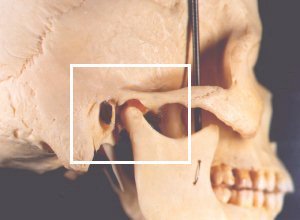
Jose Larena, CreativeCommons
“The most common reason for stabbing pain is some pathology in the ear structures, and a primary physician or ENT must be the first person to evaluate it,” says Dr. Chandwani.
ENT stands for ear, nose and throat medical doctor, also known as an otolaryngologist.
Dr. Chandwani continues, “If that consultation is unremarkable, then TMJ disorders should be considered to be a possibility.
“Inflammation within the TM joint structures could cause sharp stabbing ear pain and is associated with pain on biting down.
“Sharp ear pain from the jaw muscle may not be accompanied by any other signs or symptoms of TMJ disorders.
“Benign treatments such as physical therapy, mouth guards or trigger point injections can be tried.
“But aggressive treatments for ear symptoms should be discouraged, as they can worsen the ear symptoms, or worse, cause some other TMJ symptoms.”

Dr. Chandwani has 15+ years of experience focusing on TMJ disorders and sleep disorders.
 Lorra Garrick has been covering medical, fitness and cybersecurity topics for many years, having written thousands of articles for print magazines and websites, including as a ghostwriter. She’s also a former ACE-certified personal trainer.
Lorra Garrick has been covering medical, fitness and cybersecurity topics for many years, having written thousands of articles for print magazines and websites, including as a ghostwriter. She’s also a former ACE-certified personal trainer.
.
Top image: Shutterstock/Sjstudio6
How Often Is Excess Saliva Caused by TMJ Disorder?
Excess saliva with no apparent explanation can make some people think of ALS, but before you fear a death sentence, consider TMJ disorder. (more…)
Can Loud Music Make TMJ Disorder Worse?

If you have TMJ disorder (TMD), it would definitely be in your best interest to avoid loud music, as this can aggravate the condition.
“Regardless of the underlying mechanism behind TMJ disorders, the symptoms are mainly in the trigeminal system,” says Brijesh Chandwani, DMD, BDS, Diplomate, American Board of Orofacial Pain, with Connecticut & NY TMJ. (more…)
Can Growth of Wisdom Teeth Cause Ear Pain?

Ear pain can have many causes including a brain tumor and sinus cancer.
But what about wisdom teeth growing in the wrong way? (more…)




